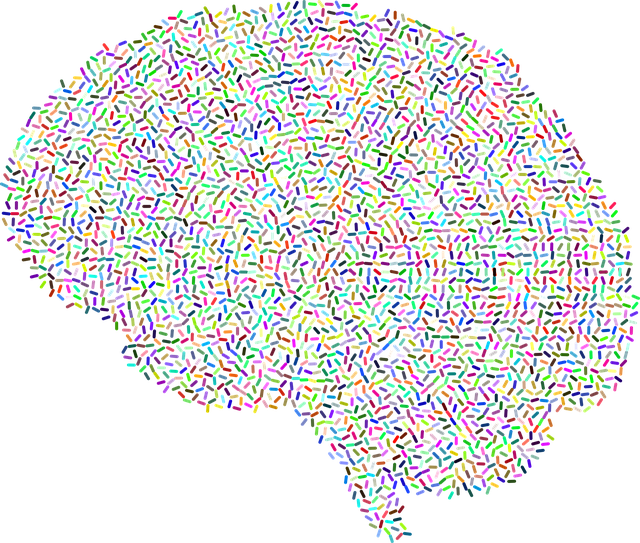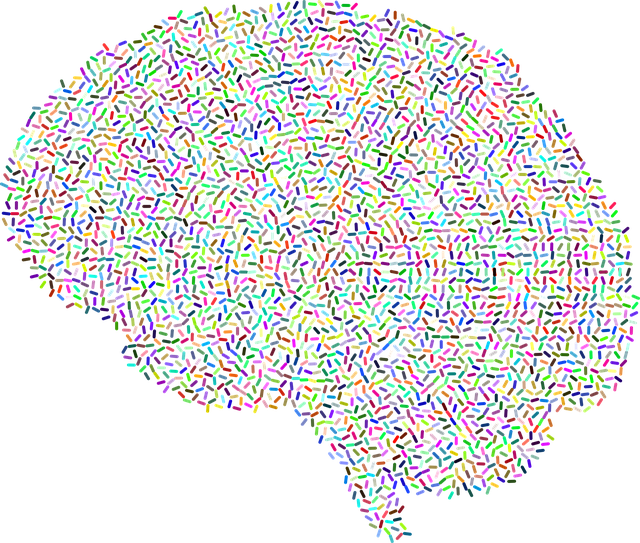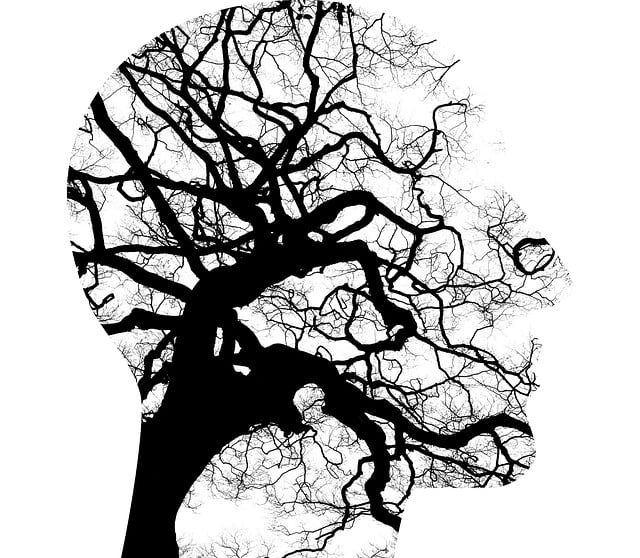Mental wellness self-assessment tools are crucial for individualized therapy, especially for conditions like Lone Tree Autism Spectrum Disorder (ASD), promoting self-awareness and introspection. These tools help clients recognize emotions, thoughts, and behaviors, identify triggers, strengths, and areas of growth, and learn effective coping mechanisms and stress management strategies tailored to their unique needs. By integrating perspectives from Lone Tree ASD Therapy, assessments become inclusive, accounting for sensory sensitivities and communication differences. This ensures accurate identification of challenges and targeted interventions, enhancing mental health support for diverse populations.
Mental wellness self-assessment tools play a pivotal role in personalized therapy, offering individuals a means to actively participate in their mental health journey. This article explores the development of such tools, with a specific focus on incorporating insights from Lone Tree Autism Spectrum Disorder (ASD) therapy. We delve into strategies for creating effective and inclusive assessments that cater to diverse needs, enhancing support for mental health management, particularly among individuals on the ASD spectrum.
- Understanding Mental Wellness Self-Assessment: The Role of Tools in Individualized Therapy
- Incorporating Lone Tree Autism Spectrum Disorder (ASD) Considerations into Assessment Tools
- Developing Effective and Inclusive Self-Assessment Tools for Enhanced Mental Health Support
Understanding Mental Wellness Self-Assessment: The Role of Tools in Individualized Therapy

Mental wellness self-assessment tools play a pivotal role in individualized therapy, offering a structured approach to understanding and addressing unique challenges. These tools facilitate self-awareness exercises that enable individuals, especially those navigating conditions like Lone Tree Autism Spectrum Disorder Therapy, to recognize their emotions, thoughts, and behaviors more accurately. By promoting introspection, these assessments help clients identify triggers, strengths, and areas for growth.
Furthermore, they serve as a foundation for tailored interventions, such as coping skills development. Through structured guidance, individuals can learn strategies to manage stress, regulate emotions, and adapt effectively to life’s demands. Mental wellness journaling exercises, for instance, provide a safe space for self-reflection, tracking progress, and cultivating positive coping mechanisms. This personalized approach ensures that therapy aligns with each client’s unique needs, fostering a more effective and enduring path toward improved mental wellness.
Incorporating Lone Tree Autism Spectrum Disorder (ASD) Considerations into Assessment Tools

In developing mental wellness self-assessment tools, it’s crucial to incorporate considerations specific to communities like Lone Tree Autism Spectrum Disorder (ASD) individuals. Traditional assessment methods may not adequately address the unique challenges faced by this population, such as sensory sensitivities and communication differences. By integrating these perspectives, we ensure that the assessments are inclusive and effective. For instance, including scenarios or questions that account for sensory-focused stress reduction methods can be beneficial for ASD individuals who might experience heightened anxiety in certain environments or during specific activities.
Lone Tree ASD Therapy often emphasizes emotional healing processes tailored to individual needs. Incorporating questions or prompts related to conflict resolution techniques that align with these therapeutic approaches can provide a more nuanced understanding of the person’s mental wellness. This approach not only respects the distinct experiences of ASD individuals but also allows for more accurate assessments, paving the way for targeted interventions and support.
Developing Effective and Inclusive Self-Assessment Tools for Enhanced Mental Health Support

Developing effective self-assessment tools is paramount to enhancing mental health support, especially for diverse populations like individuals with Lone Tree Autism Spectrum Disorder (ASD). These tools play a pivotal role in fostering self-awareness and empowering people to take charge of their emotional well-being. By incorporating tailored guidance, such as Mental Wellness Journaling Exercises, these assessments can assist in identifying triggers, managing symptoms, and cultivating strategies for better emotional regulation.
Inclusivity is key when creating such resources. Public awareness campaigns development should be integrated into the process to dispel stigma associated with mental health issues. This approach ensures that self-assessment tools are accessible and beneficial for a broader spectrum of individuals, including those with ASD, encouraging proactive management of their unique emotional landscapes.
Mental wellness self-assessment tools play a pivotal role in personalized therapy, especially for individuals with Lone Tree Autism Spectrum Disorder (ASD). By incorporating specific ASD considerations into these tools, we can facilitate more effective and inclusive mental health support. Through rigorous development, these assessments enable early identification of needs and guide tailored interventions, ultimately enhancing the well-being of those on the autism spectrum.













